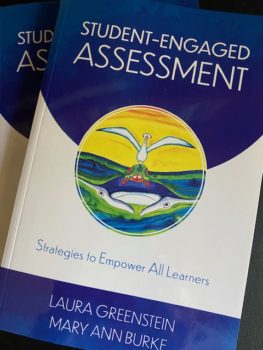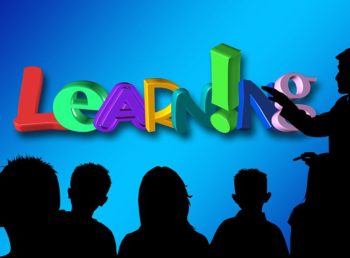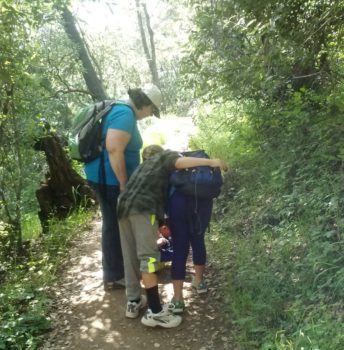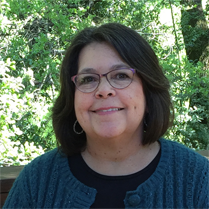How You Can Support Student Success

This post is first of a series based on excepts from my book on Student-Engaged Assessment: Strategies to Empower All Learners by Laura Greenstein and Mary Ann Burke (2020). You can purchase the book from Roman and Littlefield for charts, examples, and worksheets on how to engage students to become owners of their learning successes.
Students Must Feel Safe and Secure
If children are to be successful, they must first feel safe and supported. Maslow taught us this in 1943 through his hierarchy of needs. Yet, for some learners, life is not safe. They may live in crime-ridden neighborhoods where it’s not safe to walk home from school. Others are chronically hungry. A student named Jake qualified for free/reduced lunches, but his mother was too proud to accept help. Jake would routinely show up at the learning lab, hoping there were some leftovers from the day’s snack. The teacher always put a little aside for him, and he was always appreciative in his own shy way.
By his junior year, he had taken and did well on ASVAB (the military aptitude test) and enrolled in the Delayed Entry Program. Two years after his high school graduation, he returned to his school to tell his story and thank his teachers, counselors, and especially the principal who mentored him through the process. He was proud of his promotion to Specialist and had already earned a service ribbon. Privately, he told me that he was glad to finally be able to pay his mother back for all the sacrifices she made for him. For Jake, building foundations of food, medical care, and stability in his life were essential foundations for success. [Read more…]

Mary Ann Burke, Ed.D., Digital Education Expert, is a substitute distance learning teacher for Oak Grove School District in San Jose, California and the author of STUDENT-ENGAGED ASSESSMENT: Strategies to Empower All Learners (Rowman & Littlefield: 2020). Dr. Burke creates digital language arts and substitute teaching K – 12 activities for teachers and parents. She is the Cofounder of the Genparenting.com blog. Burke is the former Director II of Categorical & Special Projects for the Santa Clara County Office of Education that supports 31 school districts serving 272,321 students in Santa Clara County. She is also a previous Director – State & Federal Compliance for Oakland Unified School District, the former Director – Grantwriter for the Compton Unified School District, and was the initial VISTA Director for the Community Partnership Coalition in southern California. Much of her work focuses on creating innovative digital trainings and partnership programs for teachers and families to support students’ learning. These programs were featured as a best practice at a National Title I Conference, California’s Title I Conferences, AERA Conferences, an ASCD Conference, the NASSP Conference, and statewide educator conferences.

 Get Your Kids Organized for School Success!
Get Your Kids Organized for School Success!
 How to Help Our Children Self-Publish a Book
How to Help Our Children Self-Publish a Book
